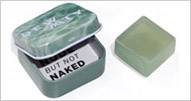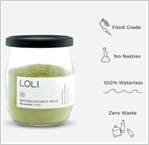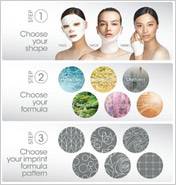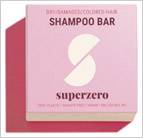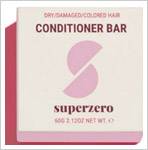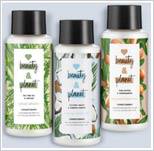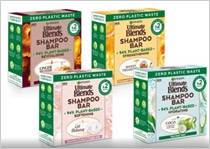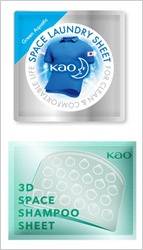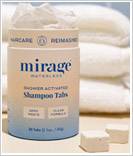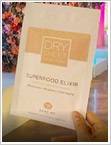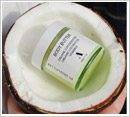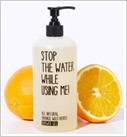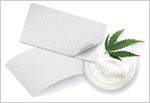Introduction:
Sustainability has been at the heart of technological developments taking place across the globe, and consumers are certainly not far behind. Increased consumer awareness has led to close scrutiny of aspects such as energy and water consumption during manufacture, as well as usage and the overall global warming implications. Waterless products are considered to contribute to sustainability, provided water consumption is restricted throughout the product’s lifecycle – from harvesting and processing of raw materials, to formulation, finishing, packaging, transportation and consumer use. [1] Use of reduced or nil amount of water can lead to reduced amounts of materials used for packaging, and hence reduce waste generation. Waterless formulations are lighter in weight, require less storage space and less fuel for transportation, thus with a potential to decrease carbon footprints. [2]
Global warming has led to climate change, which in turn has had a significant impact on water availability. According to United Nation’s Food and Agriculture Organization, by the year 2025, 1800 million people are expected to be living in countries or regions with “absolute” water scarcity.[3] To address the issue, several companies have adopted measures such as minimizing the use of water during production process, re-treating the wastewater, etc.[4] Unilever has announced that it has reduced the usage of water in its manufacturing sites by 49% per ton of production since 2008.[5] L’Oréal has committed to a 60% reduction in water consumption per finished product by 2020 as compared to 2005. [6]Several companies in the personal care space are replacing water with other ingredients in their final products, with similar objectives.
Skin and hair cleansing products contain more than 85% water, and therefore, substituting water in these products is not simple. A few techniques adopted to minimize water usage in products are listed below.
- Obtaining water-like materials or extracting water from plant sources such as seaweed
- Using hydrosols, which are byproducts in essential oil distillation processes
- Using waxes such as carnauba wax
- Using essential oils.
The concept of free-of-water or anhydrous cosmetics originated in South Korea. It is gradually being adopted by several beauty brands throughout the globe. A few products or brands that incorporate the waterless concept are presented here.




